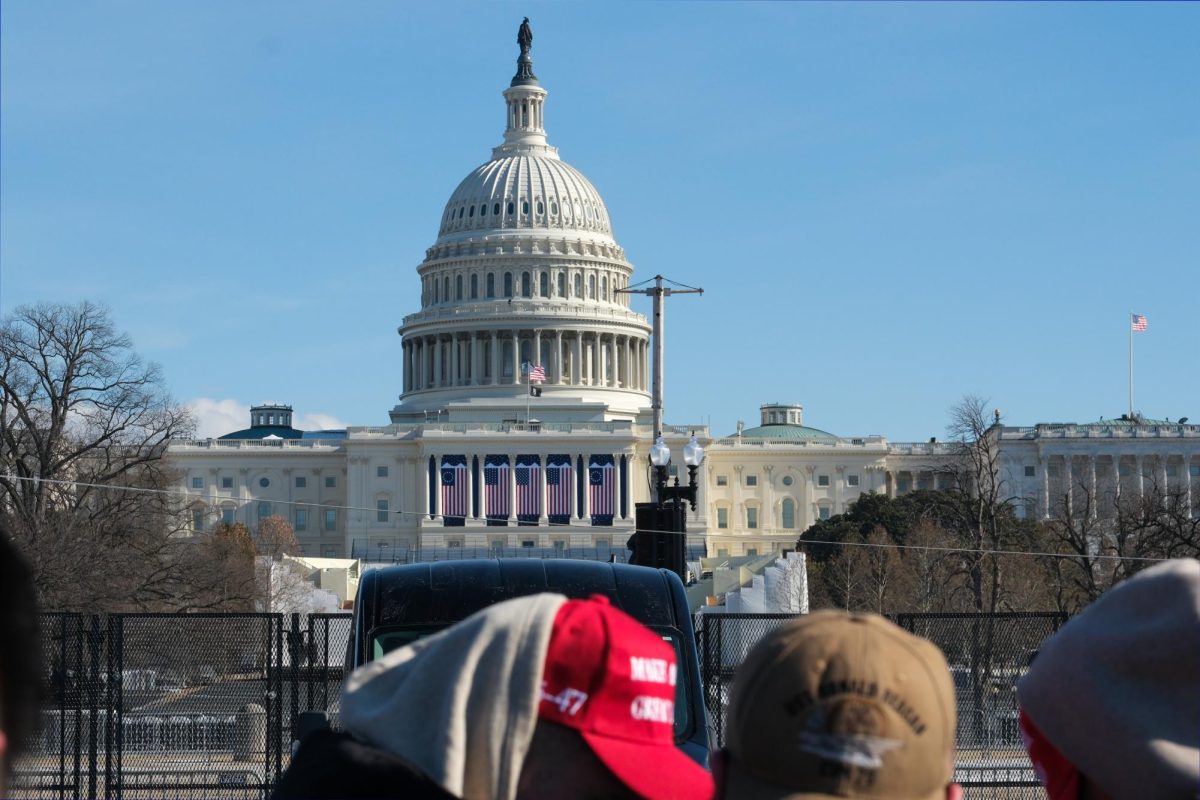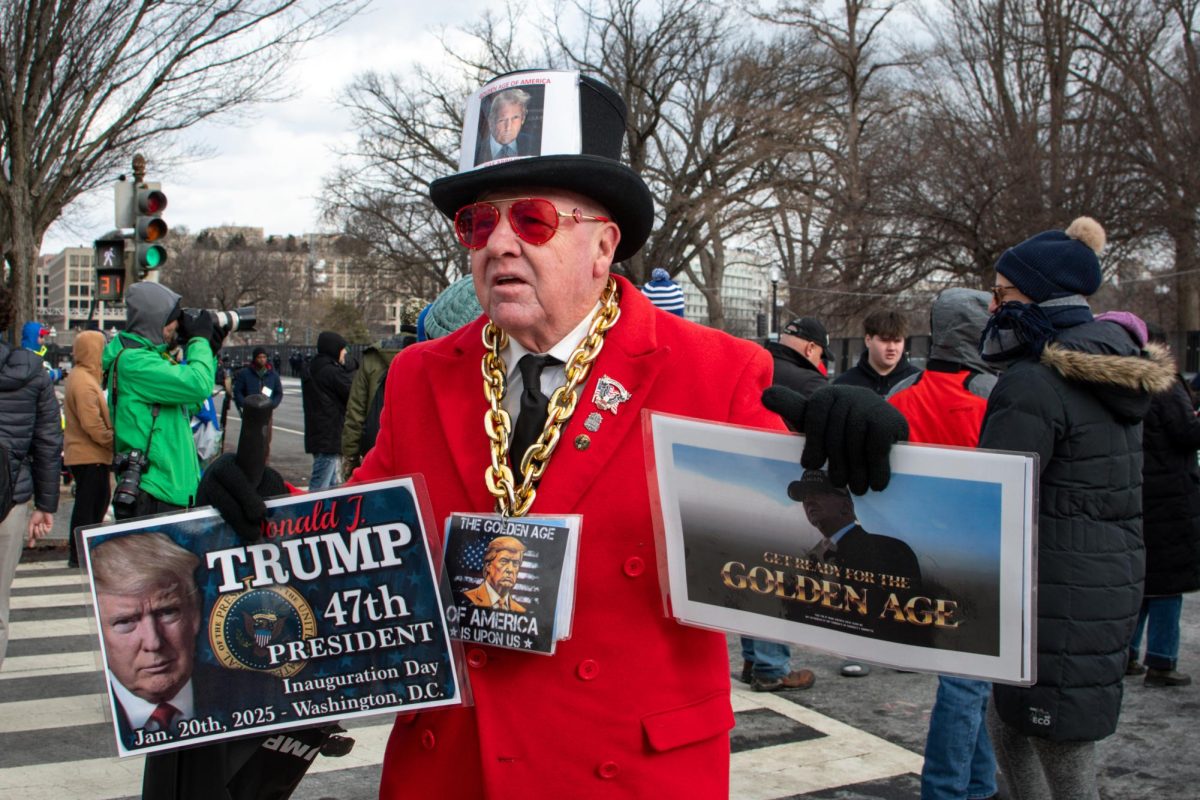Cartoonists are free to satirize the Islamic prophet Mohammed and other controversial figures, but a panel of three cartoonists discussed the limitations of artistic expression in front of a crowd of about 40 people Friday night at Gelman Library.
The panel discussion, “Comics and Controversy: Contentious Cartoons Around the World,” focused on the Mohammed cartoons published in Danish newspaper Jyllands-Posten in 2005. They also discussed worldwide cartoon controversies, as well as the three cartoonists’ individual experiences and beliefs regarding the usage of incendiary images.
“It’s not just about cartoons and religion,” said Marc Singer, a professor from Howard who helped organized the event. “It is also about extreme reactions from political figures, political parties and authorities.”
Kevin “Kal” Kallaugher, editorial cartoonist for The Economist, said there are sensitive subjects that cartoonists must be cognizant of when they do their work.
“There are certain hot-button issues and you learn that these issues are guns, religion, abortion, race and Arab-Israeli relations,” Kallaugher said. “Every person here has got a hot button and if you go there, you’ve got to know . you’re heading into a minefield.”
Mohammed Nor Khalid, a practicing Muslim, said incendiary images such as the Danish Mohammed cartoons can breed contempt for other ethnic or religious groups instead of creating a more harmonious atmosphere. He said pictorial representations of all prophets are forbidden in certain sects of Islam.
“I would rather be in a state of ‘us’ instead of ‘us and them’,” Khalid said.
He added that he personally would be unable to poke fun at another ethnic group because he would not want to offend. He said cartoonists are free to draw what they want, but they must be aware of the possible repercussions of their actions.
Self-proclaimed atheist Dean Rougier-Chapman, creator of the political satire “Party Toons,” said he is angry that American media was reluctant to show the Danish cartoons.
“If you don’t want to draw Mohammed because it’s against your religion, don’t draw Mohammed,” he said.
Rougier-Chapman said he found it offensive that some cartoonists are governed by authority.
“You don’t need to tell me how to live my life and what I can and cannot draw,” he said.
Kallaugher, who specializes in caricatures of political figures, said cartoonists should approach potential controversy by determining whether the reaction to a cartoon will detract from the intended message.
“You have a powerful weapon at your disposal,” he said. “You go straight to the identity and vanity of the target you’re portraying.”
Guy Spielmann, a Georgetown professor of linguistics who attended the discussion, said the perspectives of the different panelists helped shed light on the politics of cartooning.
“I think it was very interesting to get various points of views from people who are in the business of cartooning,” he said.
Eisenhower said satirical images not only have the potential to negatively affect faraway countries but can also affect people here at GW. She said the satirical poster campaign that lambasted Islamo-Fascism Awareness Week was a local example of material that could be relevant to Friday’s discussion.
“The panel was about images and that poster wasn’t a comic, but it was a form of satire and it was images and text,” she said. “So there’s something to be said that they’re very similar.”






